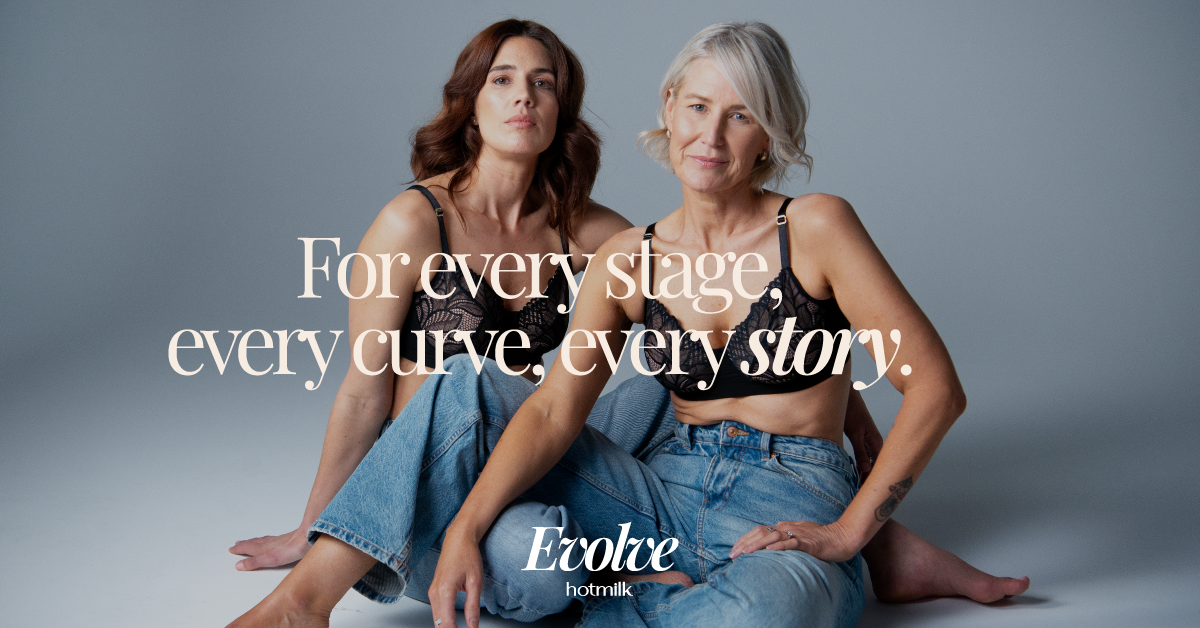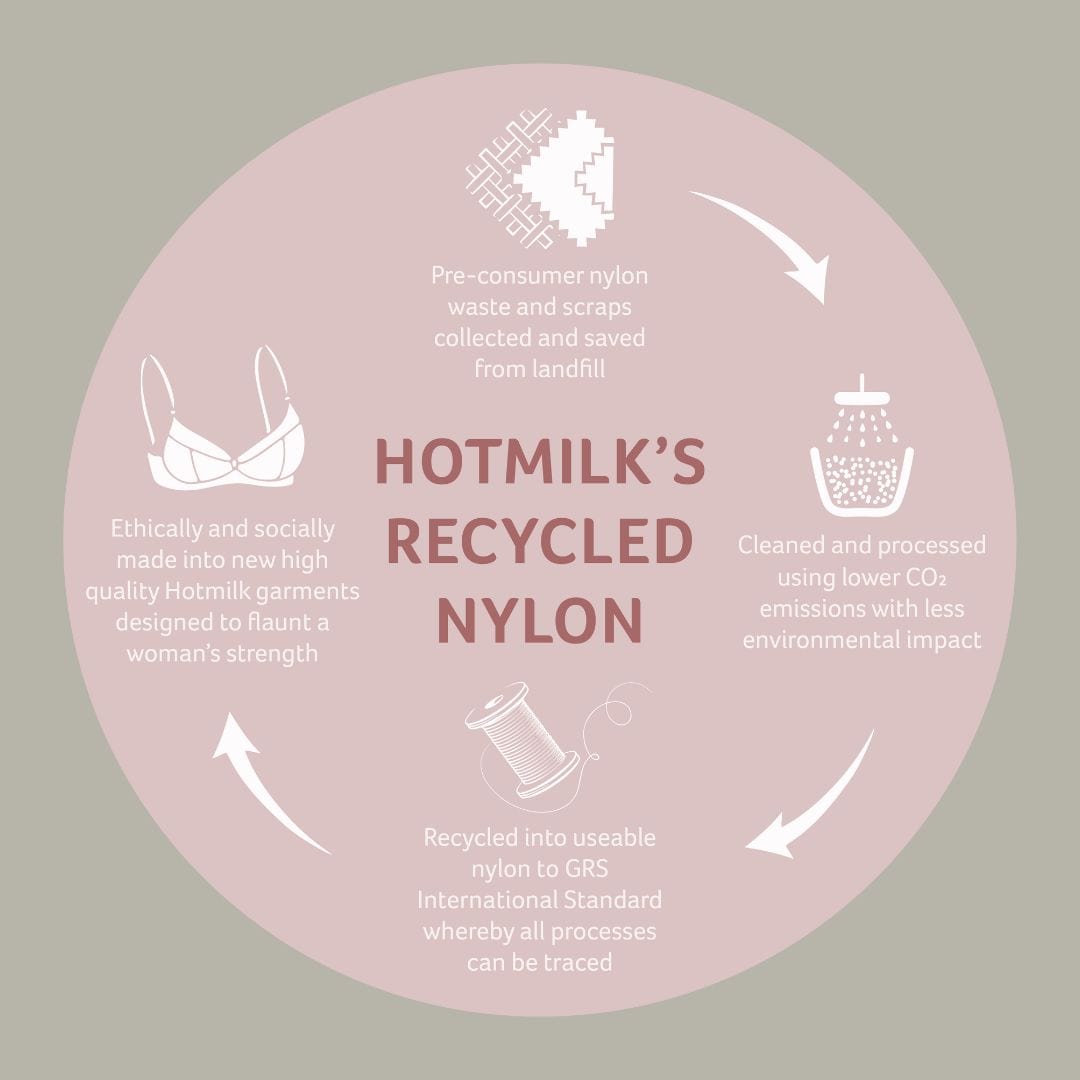Fertility Awareness Week falls in the last week of April, ahead of Mother's Day. The week aims to raise awareness about infertility, the non-existent support structures, and the challenge those encountering infertility face.
We have spoken with Dr Andy Leggat, Director of Psychology at Fertility Associates, to offers some insight into the lonely path of infertility and gives us some food for thought about what those who are dealing with infertility are experiencing….Here is what Dr Andy had to say.
Infertility isn’t a diagnosis that fits into a nice tidy diagnostic box. It often has blurred boundaries and touches people across the spectrum of their lifetime and their life experiences. Whilst we can give a technical definition to the diagnosis of infertility, the reality for most people living with infertility, is that it is varied, personal, complex, gritty, immensely emotional, sometimes abstract and often ever-changing in their lived experience.
At a societal level we tend to place value on family and family building, and with this comes assumptions around our ability as humans to reproduce and to do so with ease. However, according to the World Health Organization (WHO), 1 in 6 individuals is affected by infertility in their lifetime[1] and this has been identified as a ‘global health issue’.
As we enter Infertility Awareness week, let’s take this opportunity to be present with what this diagnosis looks like: to consider the experience of anyone who has been diagnosed with infertility, and for those entering a fertility pathway. To our single women and single men, to our heterosexual couples, our same-sex female and same-sex male couples, to our transgender community. Let’s broaden the lens of those impacted by fertility.
I often reflect on how fertility patients are some of the most resilient individuals that I know. They embark on a pathway whereby they are given a ‘map’ for the road ahead, however this comes with the awareness that the map might change, without warning, multiple times and the terrain underneath them may shift unexpectedly. They embark on this pathway without the awareness of how long and how far they may travel; what perils they may encounter along the way; without knowledge of what fuel they need to pack to resource themselves; and all of this with the understanding that there is no guarantee that they will meet their goal at the end of their passage.
Staying on this pathway in light of all of this requires a level of resilience. An ability to weather the punches and the blows, grieve the losses, and alter how they measure success, all while considering the next direction on the map and doing so while being conscious of the timeframe that we place on parenthood in our lives.
The experience of infertility and undergoing infertility treatment has a uniqueness in the manner that it touches different domains of our wellbeing. There is the physicality of undergoing treatment, taking medication and undergoing medical procedures. Then there is the emotional impact: feeling all the feels; the anticipation; the excitement; the anxiety; grief; loss; anger and frustration. There is also a social impact: how infertility alters how we interact with our external world; our friendships; our partners; our sex lives, or our workplace and career. And of course, for many there is a financial impact: the financial cost of undergoing treatment. When we consider all of these domains and potential impacts on an individual’s world, we start to comprehend the weight of this diagnosis and pathway.
Despite the statistics around infertility and the increasing population impacted by this diagnosis and those requiring Assisted Reproduction Technologies (ARTs) to achieve family, there is a common theme that is often described – isolation. Watching close friends and other family members enter the parenthood stage of their lives can create a sense of isolation for those who are still on their pathway or have ended their journey. It’s like a club that you haven’t been accepted into yet, and you feel little control over how to meet the eligibility criteria.
It’s here that we see the huge benefit of being able to engage with others who share a similar story, or who have walked a comparable path. Being able to connect with others through support networks, and organizations like Fertility New Zealand can provide a lifeline where there is a shared language, permission to speak freely and to feel heard.
Everyone’s experience is unique to them and one person’s path may look vastly different to another’s. However, there is a commonality in this shared experience. Whether an individual or couple achieve their goal of having a child or perhaps are still on their pathway, infertility can leave an imprint. Scar tissue that might sit far under the skin, but when leant against or prodded, the pain and historical experience is brought back to the surface and remembered in the moment. Those moments where we are reminded of the terrain we walked, the changes to the map and how we adapted to those changes, the pain we felt, the loss, the grief and sometimes, the joy.
In this community we observe an incredibly adaptable population: a group of individuals who experience adversity in multiple domains, feel intense and varied emotions as they sit with what feels like endless uncertainty. A group that responds and challenges not only their own personal beliefs and expectations about fertility but also a societal expectation of reproduction.
As we reflect on the rates of infertility in the general public, it’s likely that you personally know people close to you who are currently in a fertility pathway: whether they have shared this with you is another story. It’s also likely that people you know have completed their fertility pathway, following infertility and perhaps through ARTs. Once again, how much they may open up about this history is a personal decision. The key here is how we respond to each other, regardless of the story.
With the knowledge that everyone’s reproductive experience is varied, including those who chose to not reproduce, the twists and turns can be frantic, the bumps and hurdles can feel endless, the scrapes and bruises can be painful and leave scars. Can we, as a society broaden our understanding of the fertility lens and respond to one another with compassion, kindness, inclusion, and gentle curiosity?
Helping someone with infertility
Seeing someone we care about going through challenging times is always difficult, and often we wish to help as best as we can. Unfortunately, we can sometimes get it wrong, even with the best intentions. Here are some ideas of what to avoid and what to try instead to show your loved ones that you are there for them.
How can you best support someone going through fertility challenges?
|
Instead of saying this … |
Try this … |
|
“You need to relax - all that stressing is causing your infertility."
|
Ask them what they need instead. What can I take off your plate right now? What would be most helpful?
Sometimes a little help with practical things can make a huge difference. For example, looking after their other children during appointments or dropping off home-made meals. |
|
Have you thought about IVF? What about adoption? Have you tried acupuncture? |
Doing your research is great and means that you care. It is human nature to try and fix ‘a problem’, but until your friend asks for it, it is probably best to not offer different treatment options or solutions. |
|
It could be worse: at least you already have a child…
|
Don’t minimize the problem or try to see the positive. It is sometimes hard to say it out loud but acknowledging their experience and how they feel is sometimes enough to provide support in that moment. ‘This is such a difficult time.’ ‘I am sorry you are going through this.’ ‘This really sucks.’ |
Most importantly: follow your close one’s lead… everyone’s journey is different and can change from day to day. Let them know you care and are there for them if/when they need support.
Remember that we all have our strengths and weaknesses and our own personal lives going on as well, and only offer support that you will be able to provide.
©Fertility Associates 2023
[1] Financial costs of assisted reproductive technology for patients in low and middle-income countries: a systematic review. https://academic.oup.com/hropen/article/2023/2/hoad007/7066921
© World Health Organization, [2023]
























